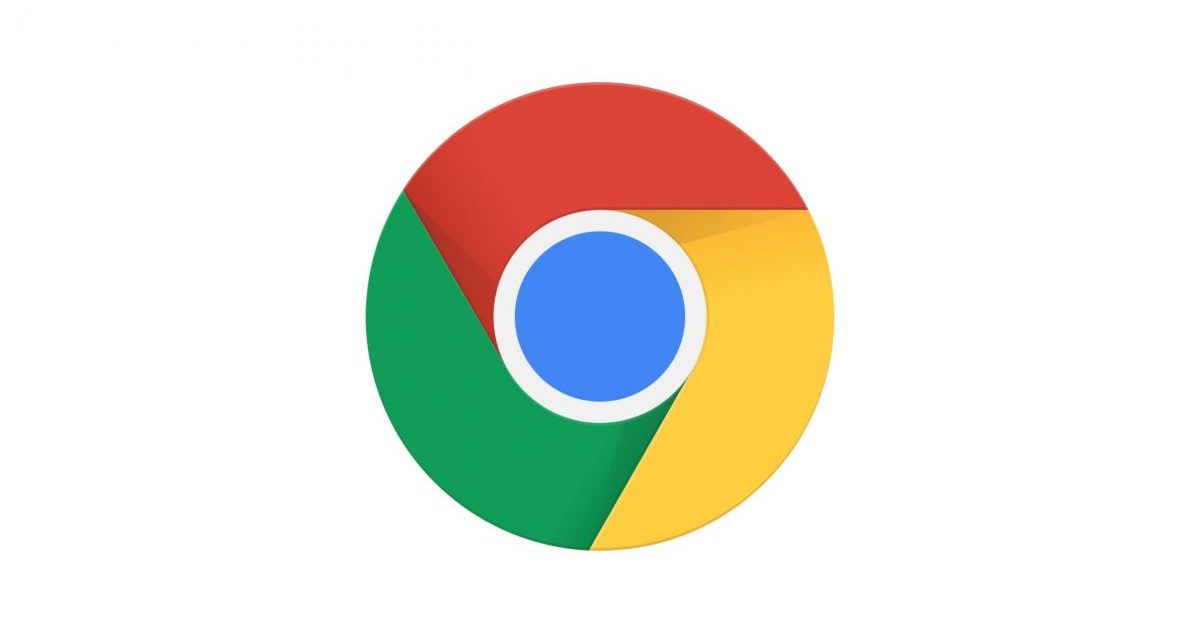Google is working on a new Chromium browser with its own Blink rendering engine for iOS. The current Google Chrome browser for iOS currently uses Apple’s WebKit engine, to conform to the company’s guidelines, however, the new experimental browser that Google is working on will be quite different.
As per a report from The Register, Google is working on a new content_shell iOS port, which seems like a version of its Chromium browser for iOS. Chromium is the open-source project on which the Google Chrome browser is based, available for Windows, Android, Mac, and Linux.

Google might dump WebKit for its Blink engine as soon as Apple opens up iOS to third-party browser engines
Google’s official statement on this project is that it is an experimental prototype that is being worked on to understand “certain aspects of performance on iOS”. The app will be used to “measure graphics and input latencies by providing traces for analysis”. The company does not have plans to make it available on iOS as they want to comply with Apple’s policies.
However, when you match the timing of this project to the eventual changes that are rumored to be coming to iOS 17, which will include sideloading of app stores, it is possible that Google knows that Apple would be opening up its policies considerably to allow third-party browser engines. This project might be Google starting its development in advance for the eventual changes coming to iOS. Someone familiar with the browser development project inside of Google has also confirmed this to The Register.
Looking at the bug reports for the content_shell iOS port, Google is porting a lot of the features that it has already developed for Chrome on Apple Silicon Macs to the new project. Since Apple Silicon uses the same architecture across iOS and Macs, it might make Google’s job easier to complete the port, however, the company will definitely have to work on making it power efficient.
One benefit of having WebKit as the default browser engine for all third-party browsers is that the engine is very well-optimized for mobile devices like iPhones and iPads. On the other hand, Google Chrome on Mac is popular for being a resource hog. Considering that Chrome for Android also exists, the company may be able to make the new port battery efficient, but we would not bet anything on it yet.
Whether a full-fledged version of Chrome on iOS would also support the use of browser extensions is yet to be seen. The company does not support extensions in Chrome on Android, even though it is possible as Firefox for Android has shown.


